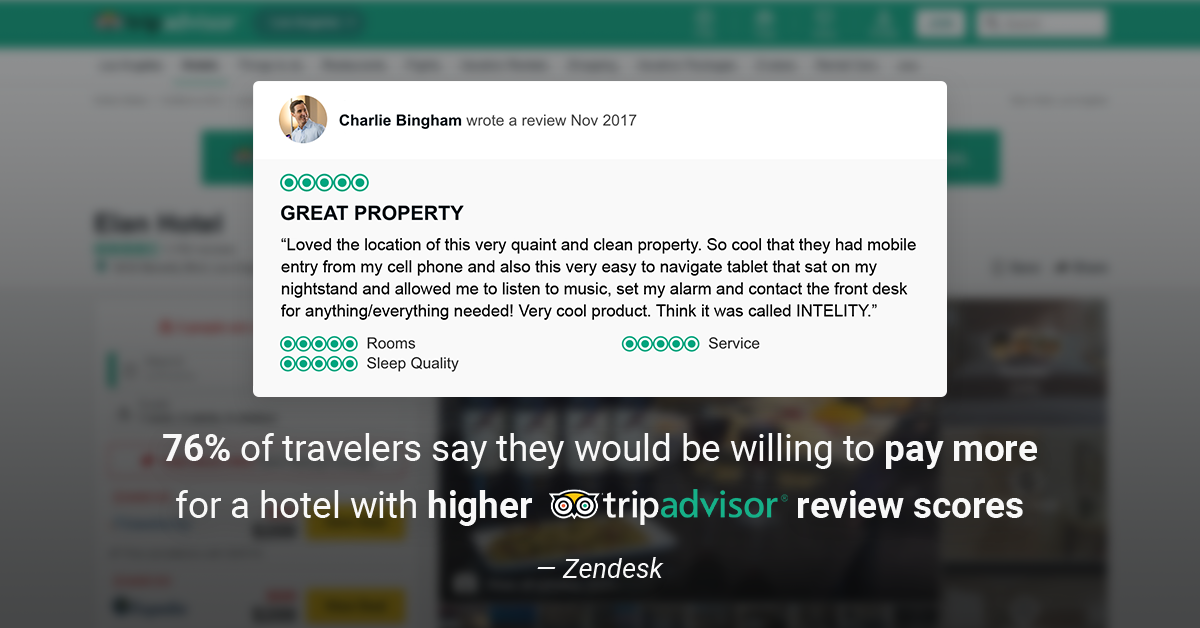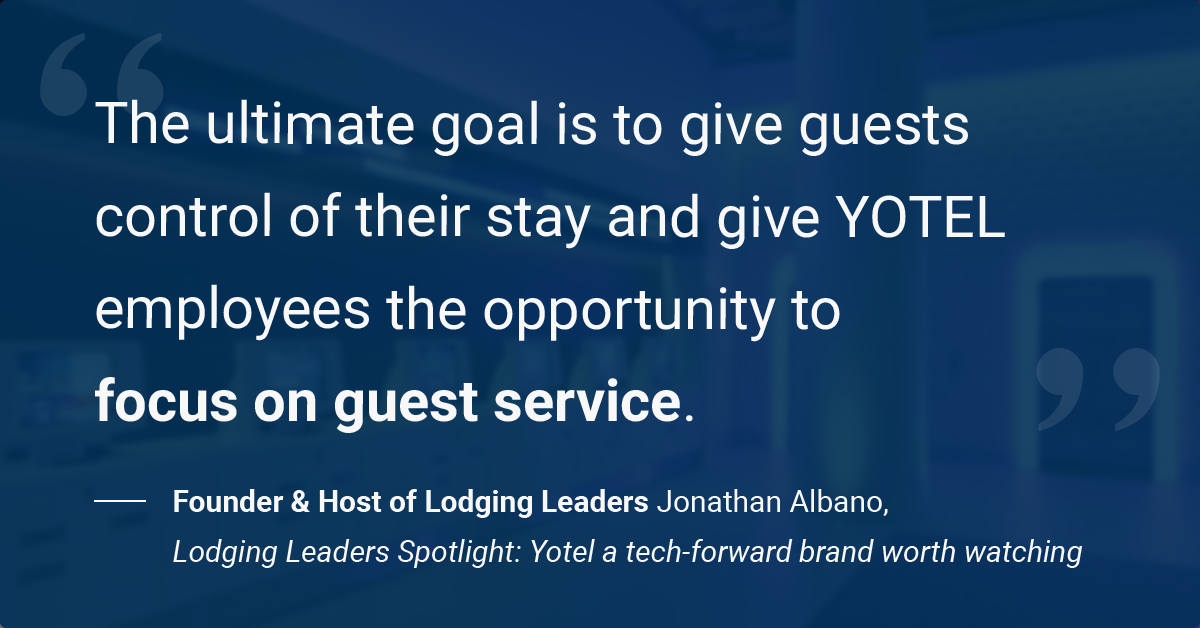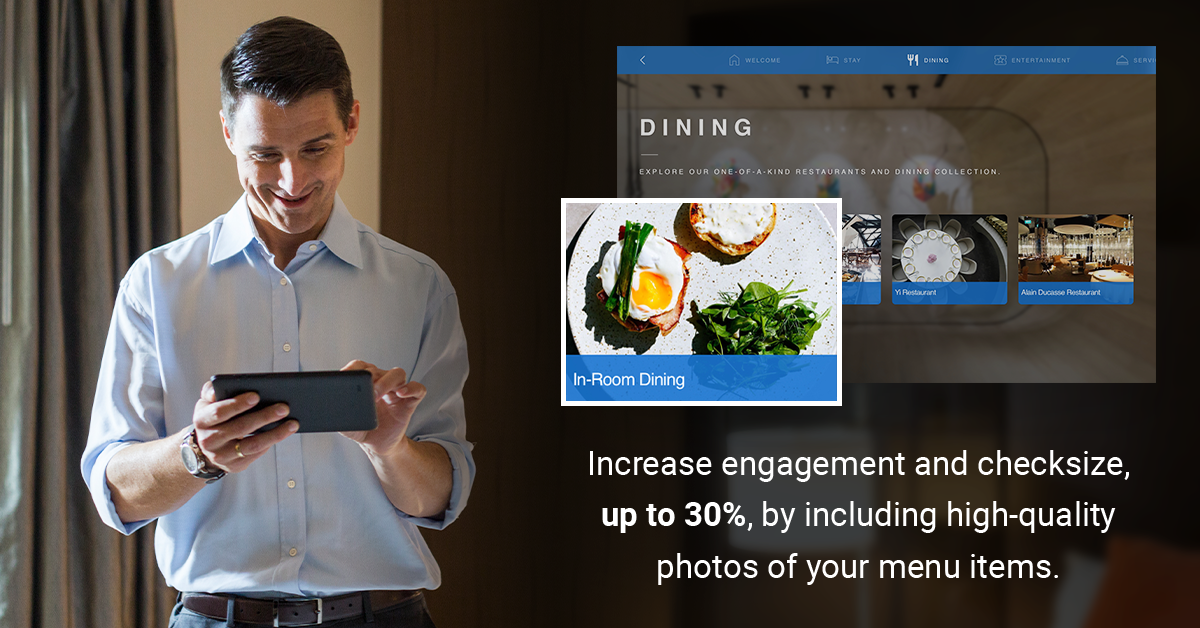Given the worldwide increase in smartphone usage, it should come as no surprise that nearly two-thirds of travelers rely on mobile apps during trips. OTAs, rideshare companies, and airlines have embraced this trend and created seamless mobile experiences for travelers. For hotels, offering a mobile app can not only meet travelers’ technology-focused expectations but can also greatly benefit the property and its staff.
Here are three ways in which your hotel, casino, or resort can benefit from offering a mobile app experience to guests:
Streamline the check-in experience
A mobile app can dramatically streamline the check-in process and reduce the amount of time spent at the front desk. Implementing mobile check-in and mobile key solutions into your app not only increases guest satisfaction, but it also reduces front desk friction and frees up time for staff to focus on providing more personalized guest service.
By putting the power of check-in (and check-out) into guests’ hands, hoteliers can manage room inventory more effectively. By allowing guests to initiate the check-in process via their mobile app before stepping foot onto your property, room assignments and availability can be better forecasted to ensure that each guest receives their selected room preference. Inventory can also be updated in real-time as customers check out using your mobile app, allowing for more timely updates compared to physically checking rooms for occupancy.
Perhaps the most immediate benefit of implementing mobile check-in is the cost savings from plastic room key reduction. Given that the life of an average key card is just 2.5 days, digitizing your keys can have a significant impact on your bottom line. Assuming that, on average, a single room uses 292 cards per year (two cards issued per day divided by the 2.5-day lifespan of a card), a single 100-room property could save upwards of $14,600 annually in key card costs alone (assuming a $0.50 cost per card).
Create new guest communication channels
Once your mobile app is downloaded, you have a direct line of communication with your target audience before, during, and after their stay. While the guest is staying at your property, they will be able to submit service requests, receive timely notifications and messages, and submit feedback in real-time. Over 60% of customers prefer self-service over speaking to a staff member — a mobile app helps to meet this expectation.
When a guest is able to submit a service request (dining, housekeeping, concierge, etc.) through their mobile app rather than over the phone or in person, a more efficient operational process is enabled. Service requests can be routed directly to the relevant department through your integrated PMS, ensuring that requests are always accurate and timely. In addition, the hotel staff can initiate communication with guests by sending relevant information through the app’s push notification feature. This keeps guests informed and happy, and can create new opportunities for ancillary revenue in the form of property-specific promotions and upselling opportunities.
Enable guest feedback and service recovery

One issue plaguing the hospitality industry is a lack of real-time insight into the guest experience. A mobile app allows you to capture this critical feedback by implementing surveys upon the completion of service requests. Capturing feedback from guests before they leave your property provides opportunities for real-time customer satisfaction monitoring as well as instant service recovery by proactively resolving any potential issues.
Through your app, you can also encourage guests to leave reviews on third-party sites and OTAs by sending timely push notifications and easy-to-fill forms. Capturing your audience’s attention upon a positive service experience can both prevent bad reviews and induce positive reviews. 76% of travelers say they would be willing to pay more for a hotel with higher TripAdvisor review scores; improving your third-party reviews allows you to increase your average daily rate (ADR) without sacrificing occupancy.
To learn more about how your property can benefit from introducing a guest-facing mobile app, sign up for INTELITY’s bi-weekly newsletter or contact demos@intelity.com.

